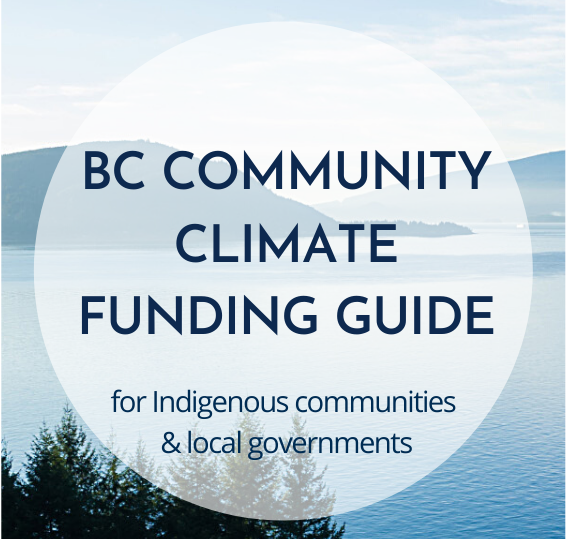Remote Community Energy Strategy Engagement
The Remote Community Energy Strategy (RCES) integrates the Province’s reconciliation and climate action commitments. RCES development and implementation are guided by recommendations from the RCES Working Group as well as by ongoing engagement with Indigenous nations.
June 2024
We are pleased to announce the approval of the Greenhouse Gas Reduction Regulation amendment. The amendment is designed to enhance regulatory certainty for renewable energy generation projects that displace diesel in remote communities served by BC Hydro, referred to as Non-Integrated Areas (NIAs). The amendment went into effect on June 10, 2024.
Spring 2024
Following engagement with First Nations and local governments with remote communities, the Province is proceeding with a proposed amendment to the Greenhouse Gas Reduction (Clean Energy) Regulation. The proposed amendment would enhance regulatory certainty for renewable energy generation projects that displace diesel in remote communities served by BC Hydro, referred to as Non-Integrated Areas (NIAs).
The amendment would require the BC Utilities Commission to allow BC Hydro to recover the following costs associated with purchasing and distributing electricity from new renewable energy facilities in NIAs:
- Costs associated with Energy Purchase Agreements (EPAs), signed before December 31, 2029, for electricity produced by new renewable energy facilities that serve customers in Non-Integrated Areas;
- Costs associated with upgrades to Non-Integrated Area microgrids that are necessary to distribute the purchased electricity.
The proposed amendment would apply to new renewable energy facilities in NIAs that began operating on or after January 1, 2024.
The proposed amendment will be forwarded to Cabinet for consideration in June 2024.
Previous Engagement
Fall 2023
Building on previous engagement that included calls for regulatory changes that could support renewable energy projects, the Province engaged on a proposed amendment to the Greenhouse Gas Reduction (Clean Energy) Regulation (GGRR).
The proposed amendment is intended to bring more certainty to the development of renewable energy generation projects that displace diesel in remote communities served by BC Hydro, known as Non-Integrated Areas (NIAs). More information on the proposed amendment is provided in the EMLI Intentions Paper.
Details on the engagement process, including feedback is provided in the EMLI Engagement Summary Report.
Spring 2023
The Province and BC Hydro hosted three online engagement sessions with Indigenous Nations who have communities in NIAs. The primary purpose of the engagement session was to discuss potential regulatory tools to support renewable energy generation projects that displace diesel electricity generation in NIA communities. As documented in the engagement summary report (PDF, 3MB), participants emphasized the need for more information regarding the regulatory tools and requested that the Ministry cultivate a deeper understanding of the resources needed for Indigenous nations to participate in engagement.
2021
Indigenous energy experts from remote communities joined a working group to inform the development of RCES. The Remote Community Energy Strategy Working Group’s Recommendations Report (pdf, 15MB) highlighted the need for regulatory support for diesel-displacing renewable energy projects, energy sovereignty, network and capacity building, adequate and accessible funding, and technical solutions to diesel reduction.
The Province hosted five virtual sessions with remote communities to gather advice on program development related to diesel reduction. The resulting Indigenous Engagement CleanBC Remote Community Energy Strategy Summary Report (PDF, 3.3MB) recommended strong and shared decision making, community-led projects based on community energy planning, and access to sufficient funding.
2020
The Province hosted a virtual gathering with remote communities to identify areas where the Province could better support their diesel reduction efforts. Recommendations were made on strengthening inclusive, culturally informed communication, and accessible, comprehensive funding. The resulting Remote Community Energy Strategy (RCES) Engagement Report (PDF, 495KB) documented knowledge sharing, and a growing sense of working together.
B.C. Community Climate Funding Guide for Indigenous communities & local governments. An all-in-one online guide of funding opportunities for climate action projects in your community.
Contact information
Please email the Community Clean Energy Branch for more information.

